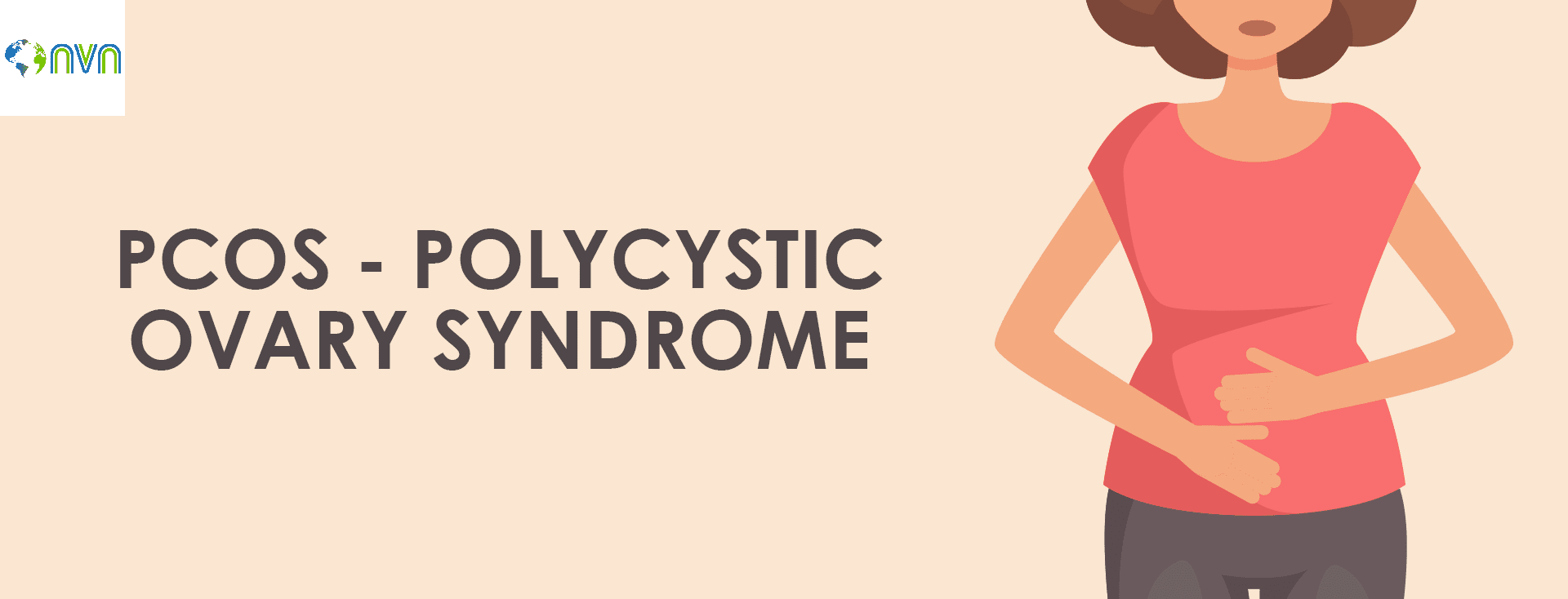Women
The earlier you identify PCOS, the easier it is to improve your Outcome

While in the modern-day lifestyle a lot of new health disorders have gained attention, PCOS (Polycystic ovarian syndrome) has been in the forefront of the health news in town more than any other disorders in health. Even though awareness about the problem is increasing, people are still unsure about identifying the condition and require more understanding about the same.
PCO (Polycystic ovary) is basically identified as condition in which there are many immature or partially mature eggs contained in the ovaries which eventually tend to turn into cysts. PCO and PCOS (Poly Cystic Ovarian Syndrome) are often interchangeably used by people while they are both different conditions.
PCOS is a more severe condition in which there is associated hormonal imbalance and therefore clinical manifestations and metabolic disturbances. PCO is more common and does not have any clinical manifestations. To identify PCOS, one must look for the common symptoms and seek medical help for better clarity and understanding.
Some of the most common symptoms of PCOS that can be looked out for, include:
- Irregular periods or menstrual issues Irregular periods is one most well-known PCOS. PCOS mainly causes oligo menorrhea (less than nine menstrual periods in a year) or amenorrhea (no periods for 3 or more successive months).
- Obesity: PCOS leads to excessive weight gain especially around the waist.
- Infertility: This condition occurs due to persistent anovulation (when ovulation does not happen). However, PCOS can be improved through lifestyle changes and medications. The women who have PCO retain the ability to ovulate periodically and thus, can conceive successfully. However, those with PCOS do not ovulate because of a serious hormonal imbalance that disturbs the process of ovulation.
- High levels of masculine hormones: Also called as hyper-androgenism, this often leads to acne breakouts as well as hirsutism (male pattern of hair growth, like on the chin or upper body), androgenic hair thinning, etc.
- Metabolic issues: This creates a tendency of fundamental weight concerns along with other indicators connected with insulin resistance. insulin resistance is increased in females with PCOS.
What causes PCOS?
The exact cause still remains unknown though many theories have been proposed. But it is found that PCOS is most commonly related to body weight issues, lack of exercise, excess junk food and stress.
In both cases, i.e., PCO vs PCOS (in preventing PCO to develop into PCOS), losing weight, eating a healthy diet that is free of processed and junk food, and following a regular exercise, this schedule has shown tremendous improvements. It is imperative to diagnose the disorder as soon as possible to control the damage with proper lifestyle changes and medications. If you have irregular periods, acne, or excessive facial hair growth, you need to get yourself checked with a gynaecologist.
Lifestyle modifications show the maximum effect in management of PCOS.
Other treatment modalities practiced are:
- Hormonal treatment for correction of irregular periods
- Drugs to induce ovulation for fertility treatment
- Drugs to reduce insulin resistance
- Drugs to reduce excess hair growth
- Laser treatment for excess hair growth
- Treatment for acne both with hormones and specific drugs.
Contributed by Dr. Beena Jeysingh, Senior Consultant Obstetrics and Gynaecology, Columbia Asia Hospital Sarjapur Road































